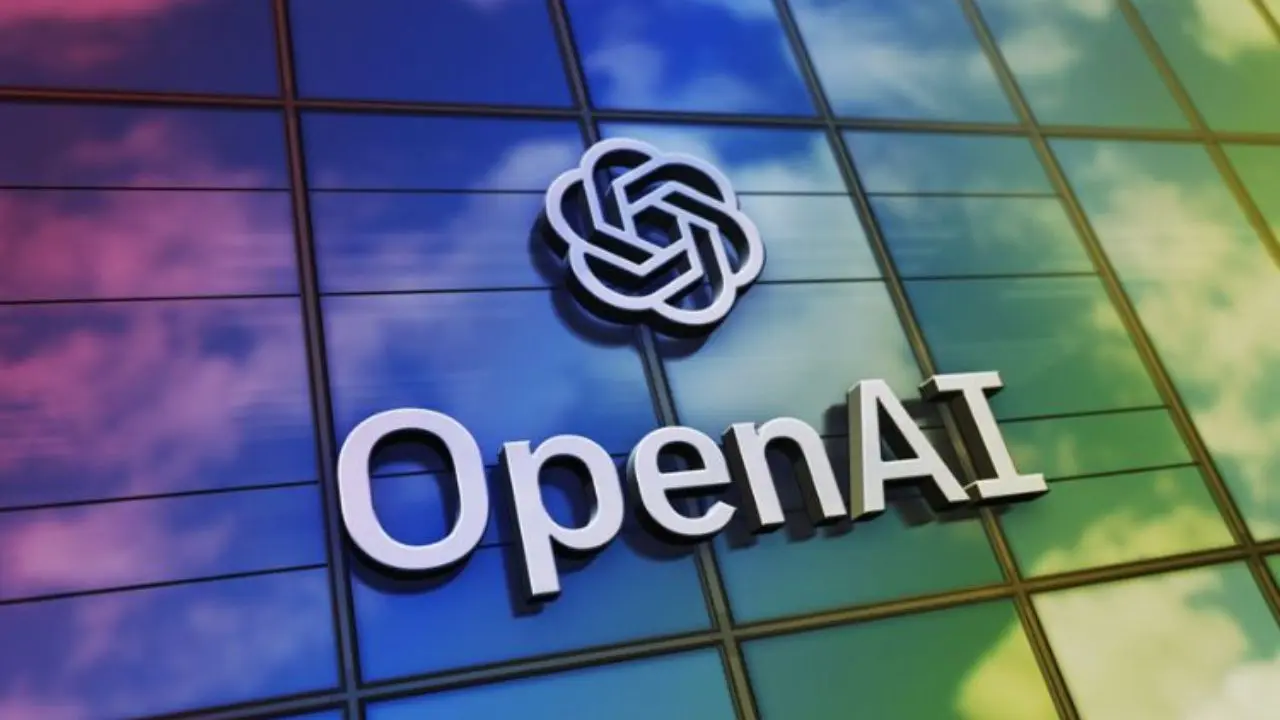
Game-Changing Move in Professional Networking Space
The artificial intelligence landscape witnessed a seismic shift as OpenAI unveiled plans for its groundbreaking AI-powered recruitment platform. This strategic initiative positions the company to compete directly with established professional networking giant LinkedIn, marking a bold expansion beyond its flagship ChatGPT offering.
The OpenAI Jobs Platform Vision
OpenAI’s ambitious project, dubbed the OpenAI Jobs Platform, represents more than just another recruitment tool. The company envisions launching this comprehensive service by mid-2026, fundamentally transforming how businesses connect with talent through advanced artificial intelligence capabilities.
Fidji Simo, OpenAI’s CEO of Applications, articulated the company’s mission in a recent announcement. The platform will leverage cutting-edge AI technology to create precise matches between employer requirements and candidate capabilities. This sophisticated approach promises to revolutionize traditional hiring processes by eliminating guesswork and enhancing compatibility between parties.
The platform will feature specialized tracks designed specifically for small businesses and local governments seeking top-tier AI talent. This targeted approach demonstrates OpenAI’s commitment to serving diverse market segments while addressing the growing demand for AI expertise across various sectors.
Strategic Market Expansion Beyond ChatGPT
OpenAI’s recruitment platform initiative signals broader ambitions extending far beyond conversational AI. During recent discussions with industry reporters, CEO Sam Altman revealed that Simo would oversee multiple application developments, including potential browser and social media offerings alongside the jobs platform.
This diversification strategy reflects OpenAI’s determination to establish multiple revenue streams while capitalizing on its technological advantages. The company recognizes the immense potential in applying AI solutions across different industries and use cases.
Competitive Landscape and Industry Dynamics
The announcement creates an intriguing competitive scenario, particularly given the interconnected relationships within the AI ecosystem. LinkedIn, OpenAI’s primary target competitor, was co-founded by Reid Hoffman, who happens to be among OpenAI’s earliest investors. Furthermore, Microsoft, OpenAI’s largest financial supporter, owns LinkedIn, creating complex business dynamics.
LinkedIn has already begun integrating AI features into its platform throughout the past year, focusing on improving candidate-employer matching capabilities. This existing competition sets the stage for an intense rivalry between two AI-enhanced recruitment platforms.
Addressing Workforce Transformation Through AI Education
OpenAI acknowledges the broader implications of AI advancement on employment markets. The company plans to launch AI fluency certifications through its OpenAI Academy program, with pilot certifications beginning in late 2025.
Industry leaders, including Anthropic’s CEO Dario Amodei, have projected that AI could potentially eliminate up to 50% of entry-level white-collar positions before 2030. Simo addressed these concerns directly, acknowledging that while OpenAI cannot prevent workforce disruption, the company can facilitate adaptation through AI education and skill development.
The certification program aims to prepare workers for an AI-integrated future by developing relevant competencies. OpenAI has partnered with Walmart, one of America’s largest private employers, targeting the certification of 10 million Americans by 2030.
Government Collaboration and National Initiatives
OpenAI’s recruitment platform and certification programs align with White House initiatives promoting AI literacy across American workforce. This collaboration demonstrates the company’s commitment to supporting national technology advancement goals while building strategic government relationships.
Recent meetings between OpenAI leadership and President Trump underscore the importance of AI development in national economic strategy. These discussions highlight how private sector innovation can support broader policy objectives.
OpenAI’s entry into the recruitment market represents a calculated expansion that could reshape professional networking and hiring practices. By combining advanced AI capabilities with comprehensive education programs, the company positions itself as both a technology provider and workforce development partner.
The success of this initiative will depend on OpenAI’s ability to differentiate its platform from existing solutions while managing complex competitive relationships within the AI ecosystem. As the 2026 launch approaches, industry observers will closely monitor how this ambitious project unfolds and impacts the broader recruitment technology landscape.
READ ALSO: Voice Search Optimization: Talk Your Way to More Traffic
Related posts:
 Disney+ Welcomes Moana 2: Ocean Adventure Arriving on Streaming Platform This March
Disney+ Welcomes Moana 2: Ocean Adventure Arriving on Streaming Platform This March
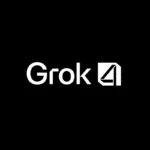 X Platform Transforms AI Chatbot Grok Into Revenue Generator With Targeted Advertising Integration
X Platform Transforms AI Chatbot Grok Into Revenue Generator With Targeted Advertising Integration
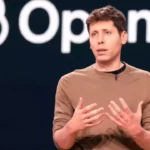 ChatGPT-5 Launch Faces Unexpected Delays and Infrastructure Challenges
ChatGPT-5 Launch Faces Unexpected Delays and Infrastructure Challenges
 The Current State of Flying Cars: Progress, Challenges, and Historical Insights
The Current State of Flying Cars: Progress, Challenges, and Historical Insights
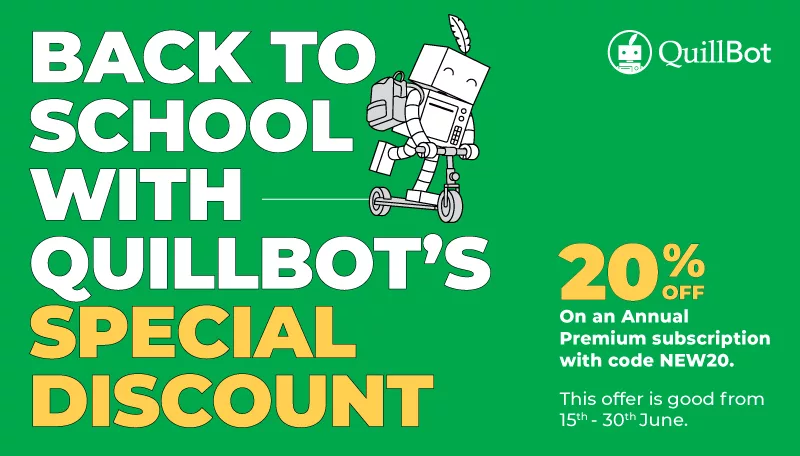
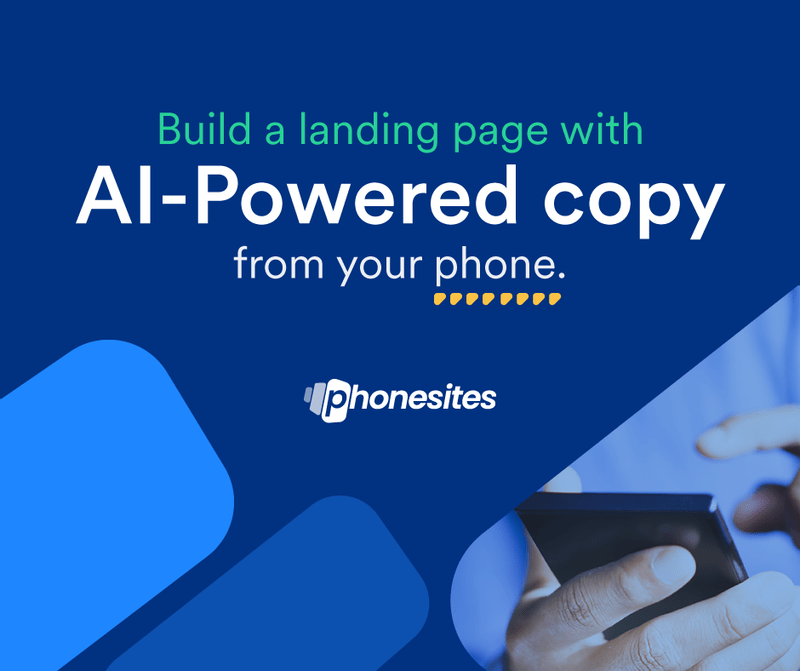


[…] READ ALSO: OpenAI Challenges LinkedIn with Revolutionary AI-Powered Recruitment Platform […]